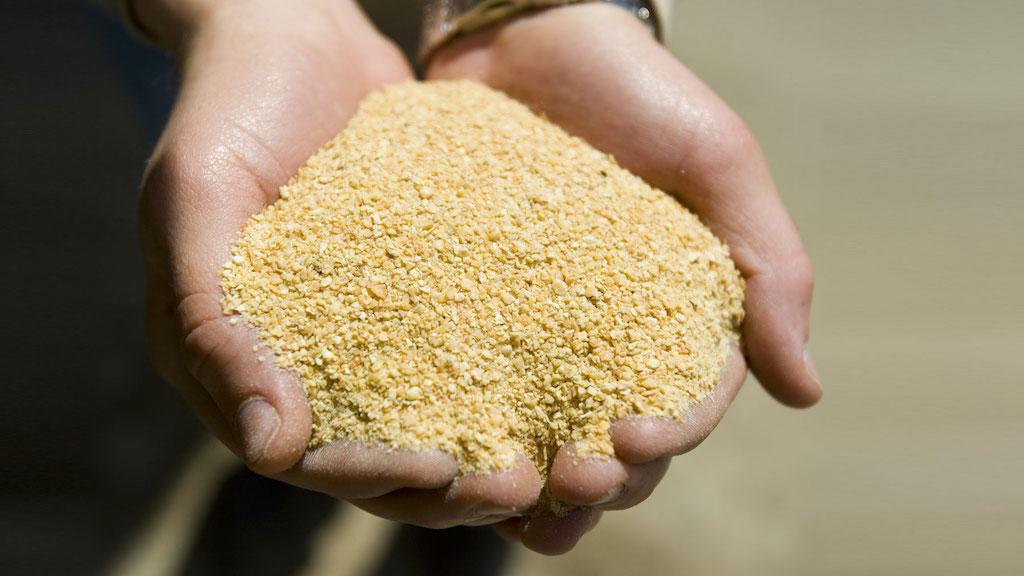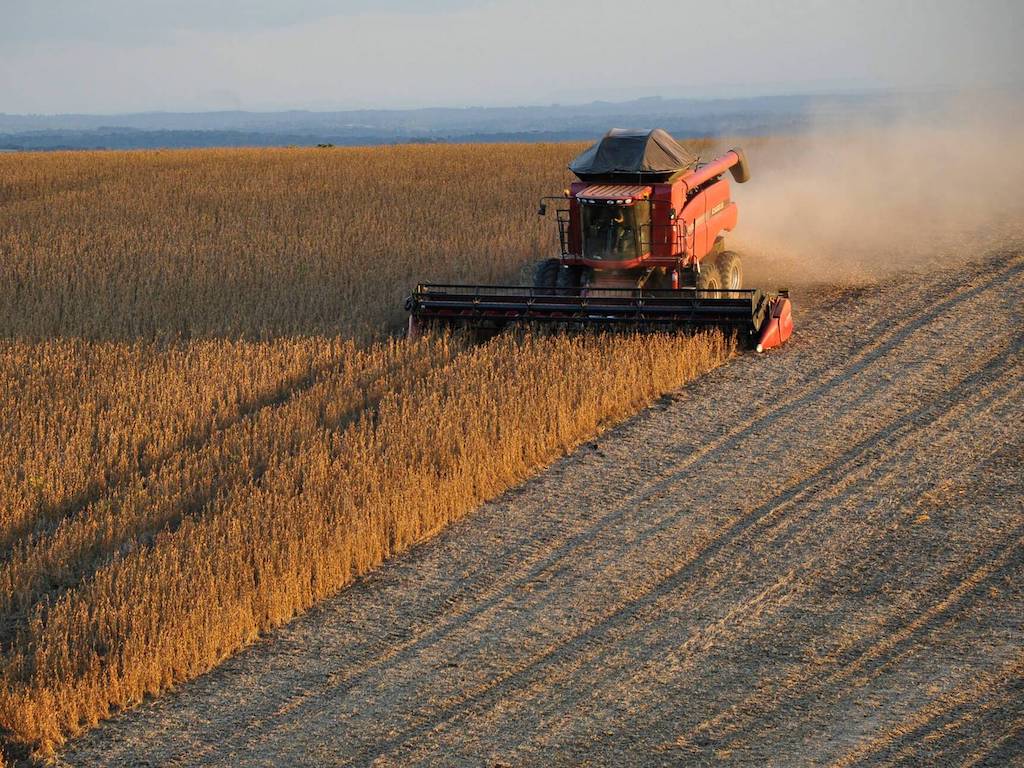No Alternative Proteins In French ‘Food Sovereignty’ Plan Despite E.U. Sustainable Food System Strategy
4 Mins Read
French agriculture minister Julien Denormandie has outlined the country’s new “food sovereignty” plan as governments around the world look to bolster local food production to shield against future supply chain shocks brought on by the pandemic and climate change. Unlike other nations who have invested in alternative proteins, France plans to up its soybean and protein crops to reduce reliance on livestock feed imports – a move that will benefit the carbon-intensive animal agriculture industry and running counter to the E.U. pledge to build a more sustainable food system.
France will be increasing the number of protein-rich crops it grows by 40% in 2022 and double the figure within 10 years in its new self-sufficiency plan. First proposed in December last year, Denormandie said that the strategy is aimed at helping France reduce its soybean imports from South America – imports that primarily go towards feeding livestock, rather than humans.
There will be no support within the food sovereignty plan to use any of the protein-rich crops for plant-based alternative meats.
“We have one objective: regain some of our food sovereignty,” the agricultural minister told Reuters in an interview. “Our target today is clearly soybean imports coming from the American continent.”
The 40% rise in farming protein crops, which include soybeans, peas, lentils and chickpeas, would require an extra 400,000 hectares of land to be harvested by 2023.

Denormandie says the plan will amount to €100 million (US$120 million) in investment over the next two years to help farmers dedicate more of their land to protein crops, a move that is set to help the livestock industry and reduce its exposure to global price shocks of soymeal and soybean feed.
The plan has already been criticised by environmental groups, such as Greenpeace, who pointed out that the move does little to “regain food sovereignty” and instead props up an industry that is responsible for a huge amount of the country’s carbon emissions. According to a report the nonprofit released last year, the European animal agriculture industry is a larger source of greenhouse gases compared to all vans and cars in the bloc combined.
Scientists have noted that a mass switch to plant-based proteins and away from meat and dairy consumption could help remove more than a decade of emissions.
“Unfortunately, the issue of overproduction of meat, eggs and dairy products has been completely sidelined,” said Greenpeace in response to Denormandie’s plan. “As long as the government refuses to address this issue, we can already say that this strategy will be doomed.”
In addition to making no mention of diversifying the country’s protein supply with more sustainable plant-based meat alternatives instead of fuelling the environmentally damaging livestock-soybean feed cycle of animal agriculture, the French agricultural minister has also previously suggested that the country will be opposed to cultivated proteins.

Following the announcement from San Francisco-based food tech Eat Just that it has received the world’s first regulatory approval from Singapore authorities to begin selling its cultured chicken, Denormandie published a tweet arguing that France would never agree to cell-based proteins.
Experts were quick to condemn the minister’s remarks, emphasising the need to transform the protein supply chain and shift away from traditional animal agriculture to tackle both the climate crisis and threats of future zoonotic pandemics. French consumers have also indicated in recent studies rising acceptance of cultured meat, in contradiction to Denormandie’s claims suggesting otherwise.
The French plan is in stark contrast with the approach taken by other nations, such as Singapore, who have since the pandemic taken to further boost its food self-sufficiency plan, which includes heavy investments in alternative proteins from cell-based and plant-based sources, and vertical indoor farming solutions.
Even the E.U. bloc has publicly claimed that it will include alternative proteins in its Farm to Fork strategy under its new Green Deal, which aims to slash 60% of carbon emissions by 2030. Among some of the investments the bloc said it will make include research into plant-based, cell-based and insect proteins, and has since funded a cultured meat consortium project, though it has also made some contradictory moves such as supporting a new “beefatarian” campaign and clamping down on plant-based dairy labelling regulations.
Lead image courtesy of Pixabay.




